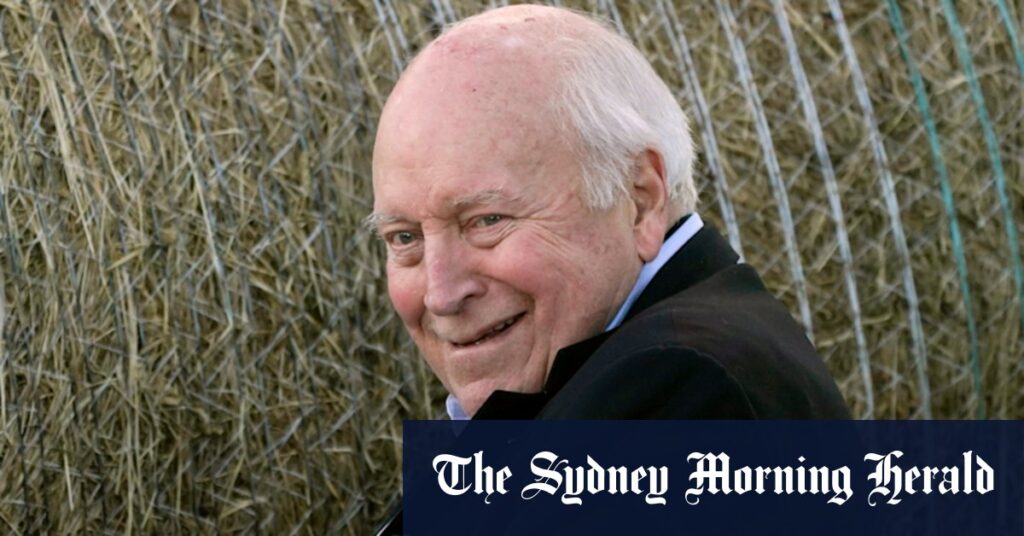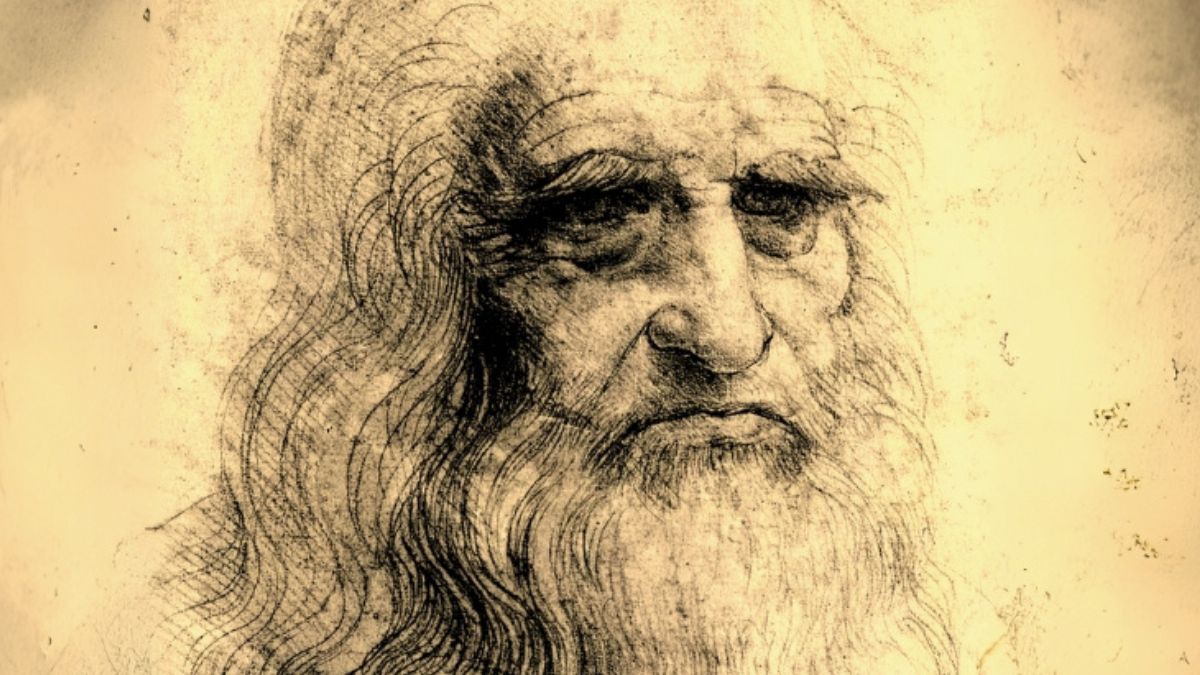
Washington: Dick Cheney, the influential and polarizing figure who served as the 46th Vice President of the United States, has died at the age of 84. Cheney passed away on Monday night (Tuesday AEDT) due to complications from pneumonia and cardiac and vascular disease, according to a statement released by his family.
Cheney’s family described him as a dedicated public servant, having held numerous pivotal roles including White House Chief of Staff, Congressman from Wyoming, Secretary of Defense, and Vice President. “Dick Cheney was a great and good man who taught his children and grandchildren to love our country, and to live lives of courage, honor, love, kindness, and fly-fishing,” the statement read. “We are grateful beyond measure for all Dick Cheney did for our country. And we are blessed beyond measure to have loved and been loved by this noble giant of a man.”
A Legacy of Influence and Controversy
Cheney’s career was marked by his significant influence on American politics, particularly during his tenure as Vice President under President George W. Bush. He was often seen as the chief operating officer of the Bush administration, wielding considerable power in shaping policies on Iraq, terrorism, and presidential authority.
His vice presidency was defined by the post-9/11 era, where he staunchly defended the use of extraordinary measures such as surveillance and detention to combat terrorism. Cheney’s role in advocating for the Iraq War remains one of the most contentious aspects of his legacy. He was a leading voice in the administration’s decision to invade Iraq, a move that has been heavily scrutinized over the years.
“Am I the evil genius in the corner that nobody ever sees come out of his hole?” Cheney once joked about his reputation as a manipulative force behind the scenes. “It’s a nice way to operate, actually.”
From Wyoming to Washington: A Political Journey
Born in Lincoln, Nebraska, and raised in Casper, Wyoming, Cheney’s political journey began in 1968 when he moved to Washington as a congressional fellow. He quickly became a protégé of Donald Rumsfeld, serving in various capacities under President Gerald Ford before being appointed as the youngest White House Chief of Staff at age 34.
Cheney’s political career took a significant turn when he was elected to represent Wyoming in Congress, a position he held for six terms. His tenure as Secretary of Defense under President George H.W. Bush saw him lead the Pentagon during the Persian Gulf War, a conflict that expelled Iraqi forces from Kuwait.
Personal Life and Health Challenges
Throughout his life, Cheney faced numerous health challenges, including surviving five heart attacks and undergoing a heart transplant in 2012. Despite these obstacles, he remained active in public life, often commenting on national security and foreign policy issues.
Cheney’s personal life was closely intertwined with his political career. He married his high school sweetheart, Lynne Anne Vincent, in 1964, and they had two daughters, Liz and Mary. Liz Cheney followed in her father’s political footsteps, serving as a U.S. Representative and becoming a prominent critic of former President Donald Trump.
“In our nation’s 246-year history, there has never been an individual who was a greater threat to our republic than Donald Trump,” Cheney stated in a television ad supporting his daughter Liz.
Impact and Legacy
Cheney’s influence on American politics is undeniable, with his tenure as Vice President reshaping the role into one of significant power and responsibility. His advocacy for a robust national security apparatus and his role in the Iraq War continue to spark debate among historians and political analysts.
As the nation reflects on Cheney’s legacy, his impact on the conservative movement and his contributions to American political life remain subjects of both admiration and controversy. His passing marks the end of an era for a figure who was both a stalwart of conservative values and a lightning rod for political debate.
Cheney’s death comes at a time of significant political division in the United States, with his daughter Liz Cheney continuing to navigate the complex landscape he once helped shape. As the nation mourns, the implications of his policies and decisions will continue to be felt for years to come.







